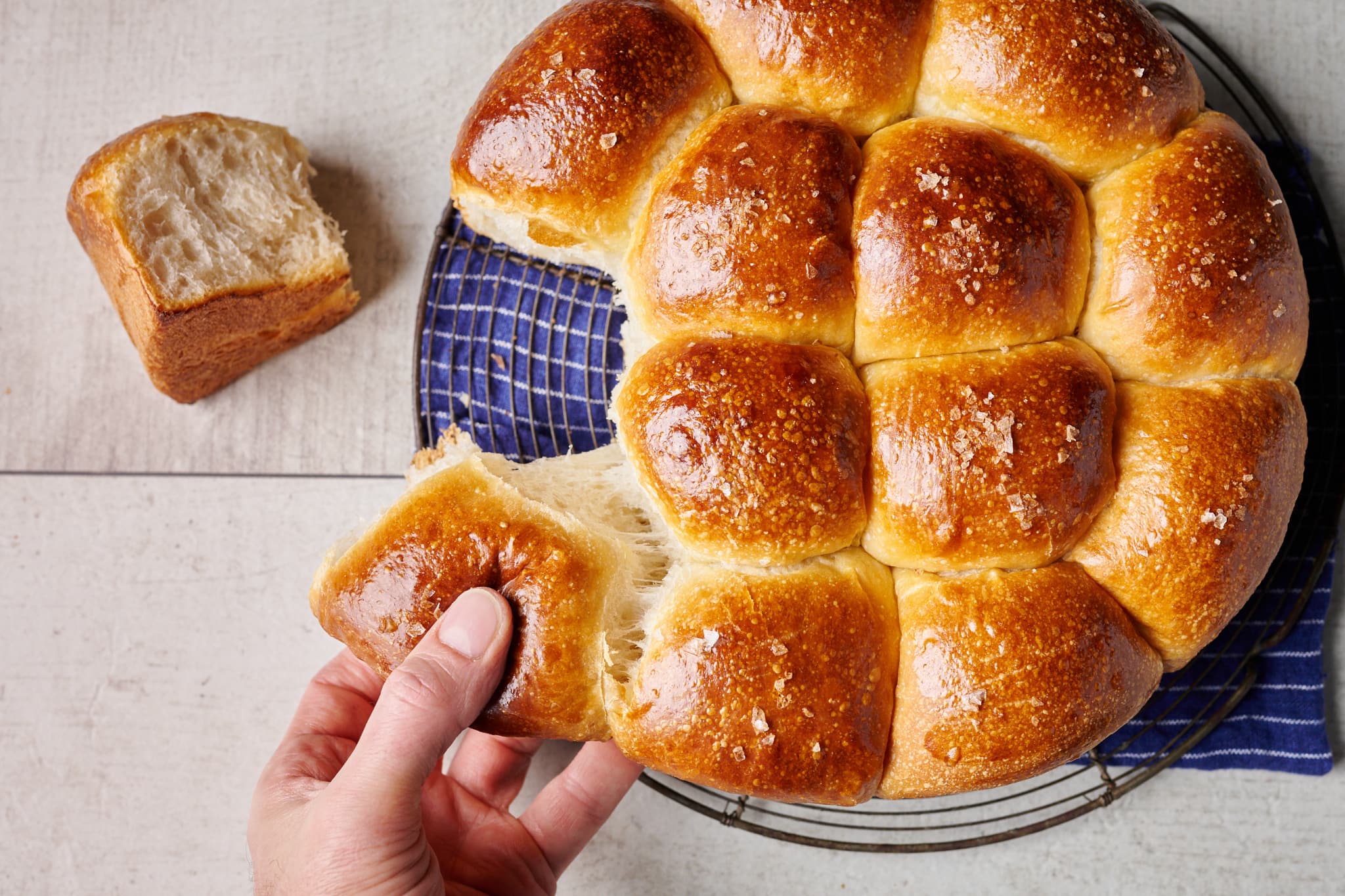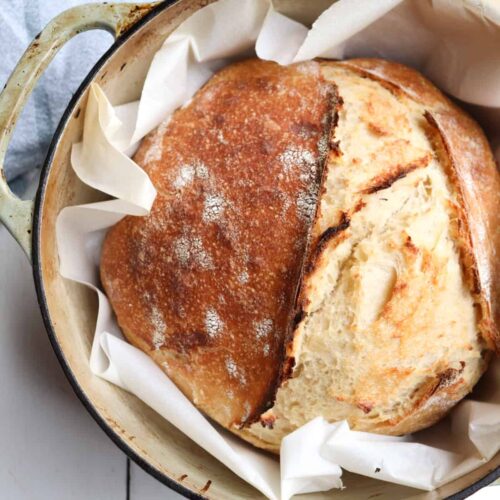Baking sourdough bread is a fulfilling and enjoyable process, offering not just delicious results but also an opportunity to adopt more environmentally friendly practices. Incorporating eco-friendly materials into your sourdough baking routine can have a significant positive impact on your health, the environment, and the quality of your bread. Here’s an in-depth look at the many benefits of using eco-friendly materials for sourdough bread.
Healthier Ingredients
Organic Flour and Natural Ingredients

When you choose eco-friendly materials, you often opt for organic and non-toxic options. Organic flour is free from synthetic pesticides, herbicides, and fertilizers, ensuring that your bread is healthier and more natural. These organic farming practices also promote soil health and biodiversity, leading to more nutrient-rich ingredients. Additionally, using natural ingredients like sea salt, filtered water, and organic seeds and nuts can further enhance the health benefits and flavors of your sourdough bread.
Sustainability
Supporting Organic Farming Practices
Eco-friendly materials support organic farming practices, which are more sustainable than conventional methods. Organic farming reduces the need for chemical inputs, conserves water, and maintains soil fertility through crop rotation and composting. By choosing organic ingredients, you contribute to a farming system that is better for the environment and more sustainable in the long term.

Reducing Environmental Impact
The production and transportation of conventional agricultural products often result in significant environmental damage, including greenhouse gas emissions, water pollution, and habitat destruction. Eco-friendly materials typically have a lower environmental impact, from production through to disposal. By using these materials, you help reduce your carbon footprint and contribute to a healthier planet.
Lower Carbon Footprint
Local Sourcing
Using locally sourced ingredients is an excellent way to reduce your carbon footprint. When you buy flour, grains, and other ingredients from local farmers and producers, you cut down on the energy and emissions associated with long-distance transportation. Local sourcing also supports the local economy and promotes food security within your community.
Reduced Waste
Reusable and Biodegradable Packaging
Eco-friendly packaging options such as reusable bread bags, beeswax wraps, and glass storage containers are great alternatives to single-use plastics. These materials help reduce waste and minimize the amount of non-biodegradable materials ending up in landfills. By choosing reusable and biodegradable packaging, you can significantly lower your environmental impact.
Sustainable Kitchen Tools
Switching to sustainable kitchen tools is another effective way to reduce waste. Wooden bannetons for proofing, stainless steel measuring spoons, silicone baking mats, and bamboo bread knives are durable and often have a longer lifespan than their plastic counterparts. These tools not only perform well but also add a touch of rustic charm to your baking routine.
Better for the Planet
Biodegradable and Renewable Materials
Eco-friendly materials like organic cotton, bamboo, and recycled paper are biodegradable and have a lower environmental impact than synthetic alternatives. These materials decompose naturally and do not contribute to pollution, unlike plastic and other non-biodegradable substances. By incorporating these materials into your baking process, you help reduce the overall environmental footprint of your kitchen activities.
Enhanced Baking Experience
Quality and Durability
Eco-friendly baking tools, such as wooden spoons, clay baking stones, and linen proofing cloths, are often of higher quality and more durable than their synthetic counterparts. These tools not only enhance your baking experience but also ensure that you use products that are safe for you and the environment. The tactile experience of using natural materials can make the baking process more enjoyable and rewarding.
Supporting Ethical Practices
Fair Trade and Ethical Brands

Choosing eco-friendly materials often means supporting brands and companies that prioritize ethical practices. These companies tend to adhere to fair labor standards, environmentally responsible manufacturing processes, and social equity. By supporting such brands, you contribute to broader positive impacts on communities and ecosystems globally.
Adopting eco-friendly materials in your sourdough baking routine is a meaningful way to align your culinary practices with environmental sustainability and health consciousness. The benefits are multifaceted: healthier ingredients, reduced waste, lower carbon footprint, support for sustainable farming, and an overall enhanced baking experience.
By making mindful choices and opting for eco-friendly materials, you not only create delicious and nutritious sourdough bread but also contribute to a healthier planet. Your commitment to sustainability can inspire others and promote a culture of eco-friendly practices in the baking community. Embrace the journey of sustainable sourdough baking and take pride in knowing that your efforts are making a positive impact. Happy eco-friendly baking!
#AmiKrafty




